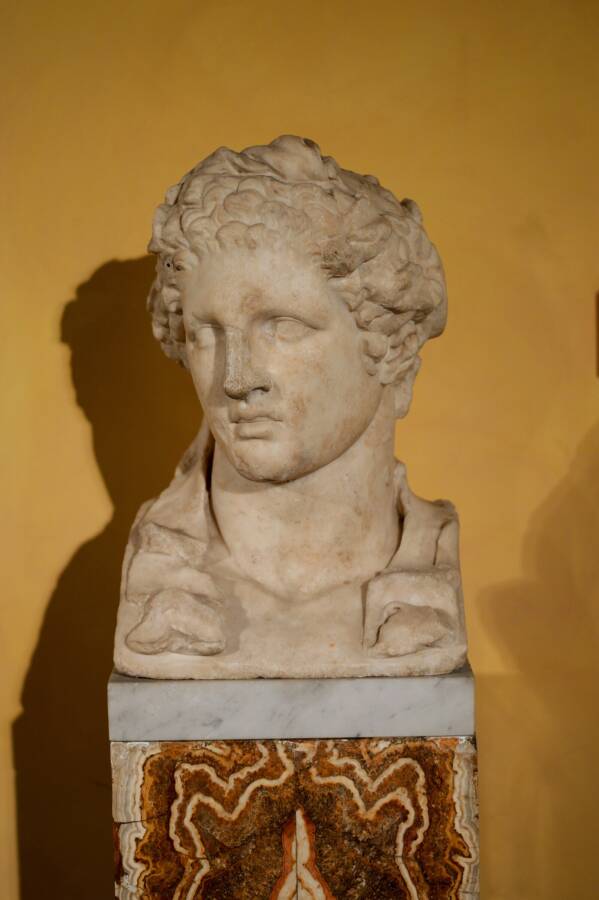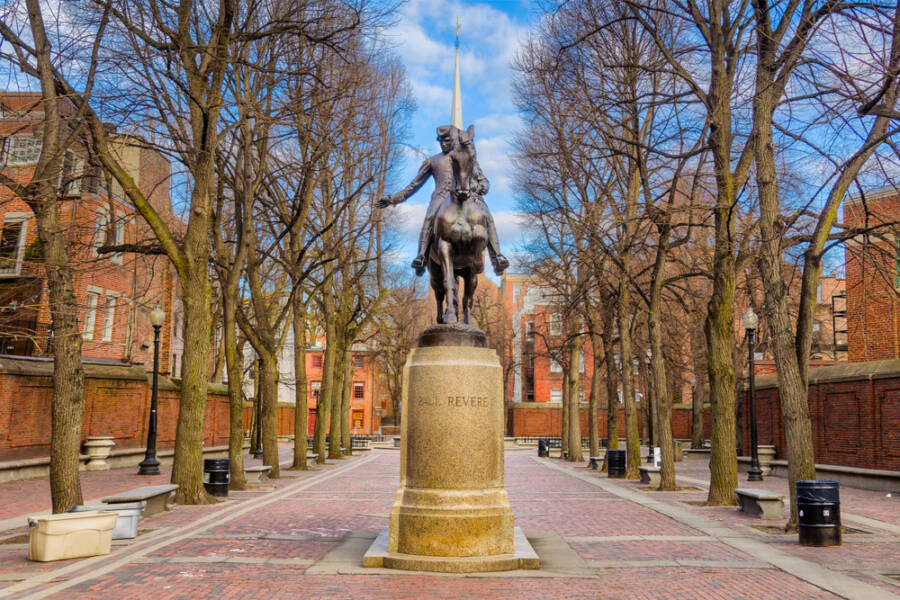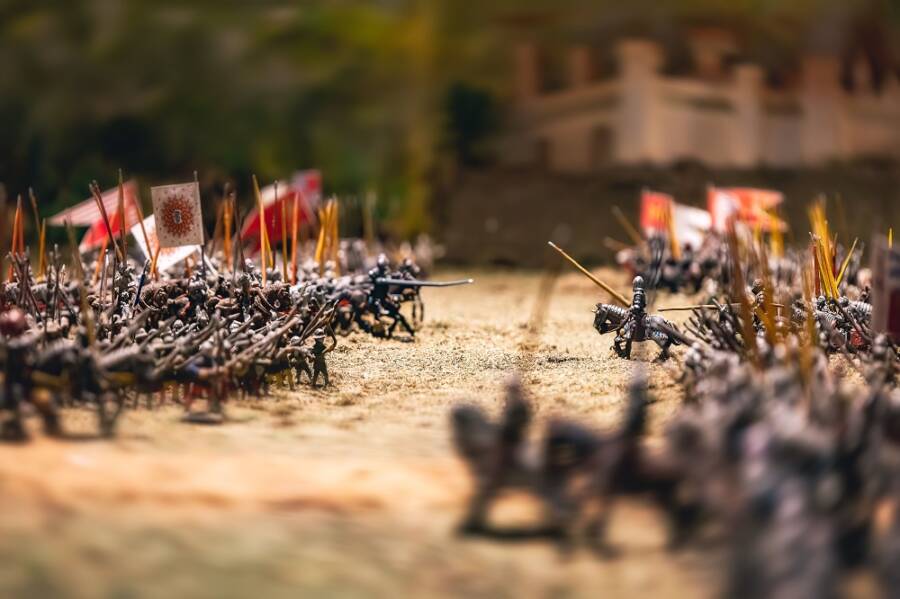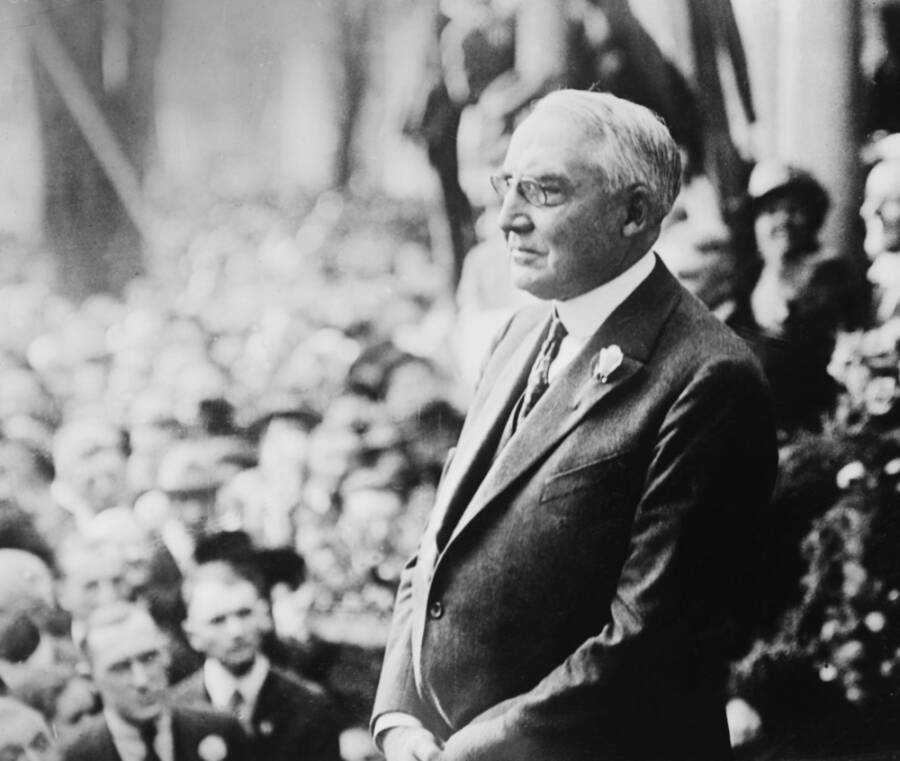
The World at That Time: Global Context
These remarkable inventions did not appear in a vacuum. They were products of vibrant, interconnected worlds where intellectual curiosity and technological need converged. To understand them, we must first appreciate the global landscapes that nurtured their creation.
The Hellenistic Period (c. 323–31 BCE), which followed the conquests of Alexander the Great, was one such era. It was a time of unprecedented cultural fusion, where Greek philosophy and science met the ancient astronomical traditions of Babylon and the engineering knowledge of Egypt. Cities like Alexandria became cosmopolitan hubs, housing great libraries that served as repositories of knowledge from across the known world. This environment fostered a spirit of inquiry that pushed the boundaries of mathematics, astronomy, and mechanics, setting the stage for creations like the Antikythera mechanism.
Centuries later, the Islamic Golden Age (c. 8th–14th centuries) witnessed another explosion of scientific and cultural achievement. The Abbasid Caliphate, with its capital in the thriving metropolis of Baghdad, became a global center for scholarship. Scholars diligently translated and synthesized works from Greek, Persian, Indian, and Chinese sources. This intellectual synthesis, combined with significant state patronage for science and engineering, led to groundbreaking advancements in everything from medicine and optics to algebra and mechanics. It was in this fertile environment that engineers like Al-Jazari designed machines that seemed to spring from the realm of fantasy.
Simultaneously, in East Asia, Song Dynasty China (960–1279 CE) was experiencing its own technological revolution. Driven by a burgeoning market economy, urbanization, and a sophisticated civil service, the Song period saw the refinement and widespread application of inventions like gunpowder, movable type printing, and the magnetic compass. This era of immense innovation created a society that was, in many ways, the most advanced in the world at the time.
These centers of innovation were not isolated. They were linked by extensive trade networks like the Silk Road on land and the monsoon-driven maritime routes of the Indian Ocean. These were not just conduits for silk and spices but for ideas, technologies, and raw materials. Wootz steel from India traveled to workshops in Damascus, while papermaking technology from China made its way to the Middle East, fundamentally changing how knowledge was recorded and shared. It was this global interconnectedness that made many of these forgotten inventions possible.





